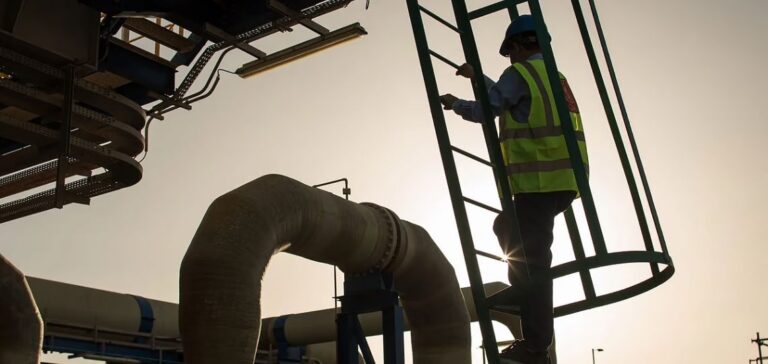Abu Dhabi National Energy Company PJSC (TAQA), in partnership with Emirates Water and Electricity Company (EWEC), has announced the development of a 1-gigawatt open-cycle gas turbine power plant in Al Dhafra, United Arab Emirates. The project is based on a 24-year Power Purchase Agreement (PPA) signed between the two parties. It will be wholly owned by TAQA, which will also be responsible for the plant’s operation and maintenance.
Large-scale power grid infrastructure development
TAQA Transmission, a subsidiary of the TAQA Group focused on transmission infrastructure, will oversee the expansion of the power grid required to accommodate the additional generation capacity. The aim is to meet growing energy demand while maintaining low emission levels. This initiative is part of a broader national strategy to improve power supply reliability through upgraded infrastructure.
Complementarity with existing renewable initiatives
The development also supports a major project between EWEC and Masdar, which plans to deploy the world’s largest combined solar power and battery energy storage system. Capable of delivering up to 1 GW of baseload power around the clock, this system represents a milestone in industrial-scale integration of renewable energy.
Investment allocation and grid expansion
The total investment across the projects led by TAQA, EWEC, and Masdar is estimated at AED36bn (approximately $9.8bn), with 75 per cent allocated to both renewable and conventional power generation. The remaining 25 per cent will be directed towards expanding the transmission grid, which will be added to the regulated asset base and receive the regulated return.
EWEC has reported a significant milestone in Abu Dhabi’s energy mix, now supplying over 55 per cent of the emirate’s electricity demand through renewable and low-emission sources. In parallel, more than 92 per cent of the emirate’s water production will rely on reverse osmosis technologies, aiming to reduce associated emissions from 16 kilograms per cubic metre (kg/m³) in 2021 to 1 kg/m³ by 2031.






















